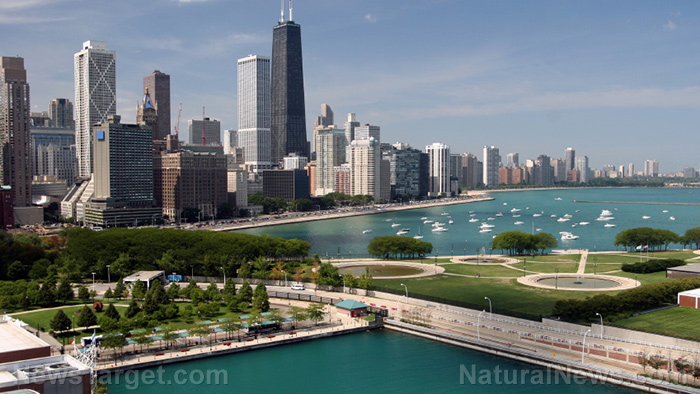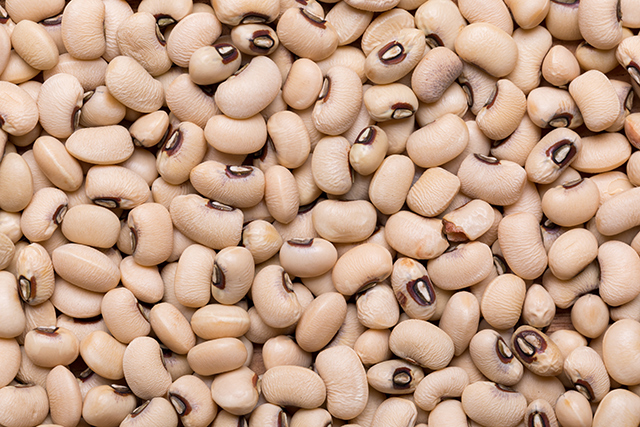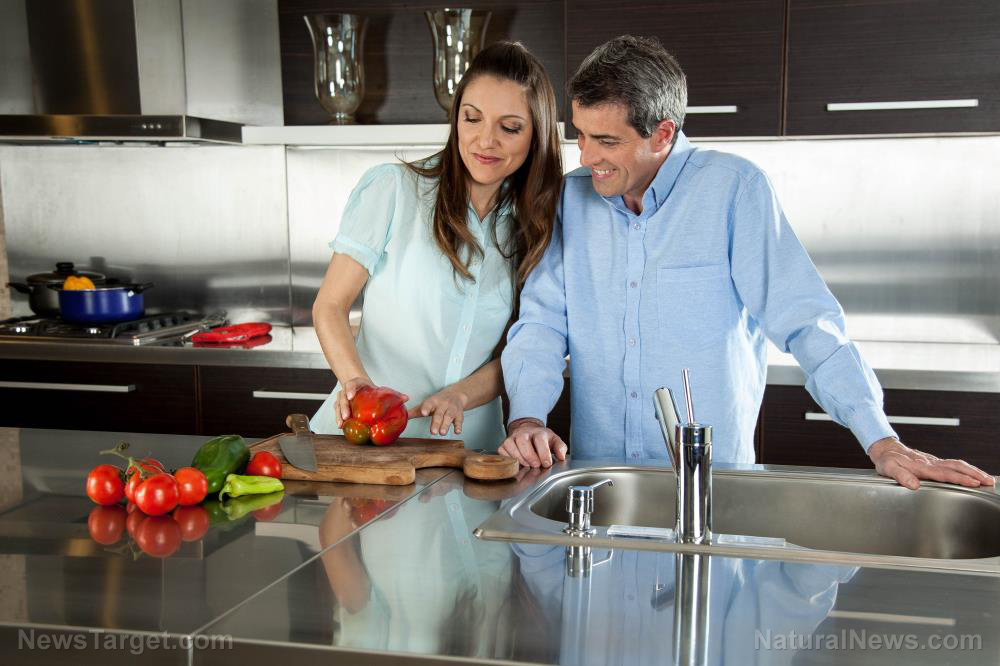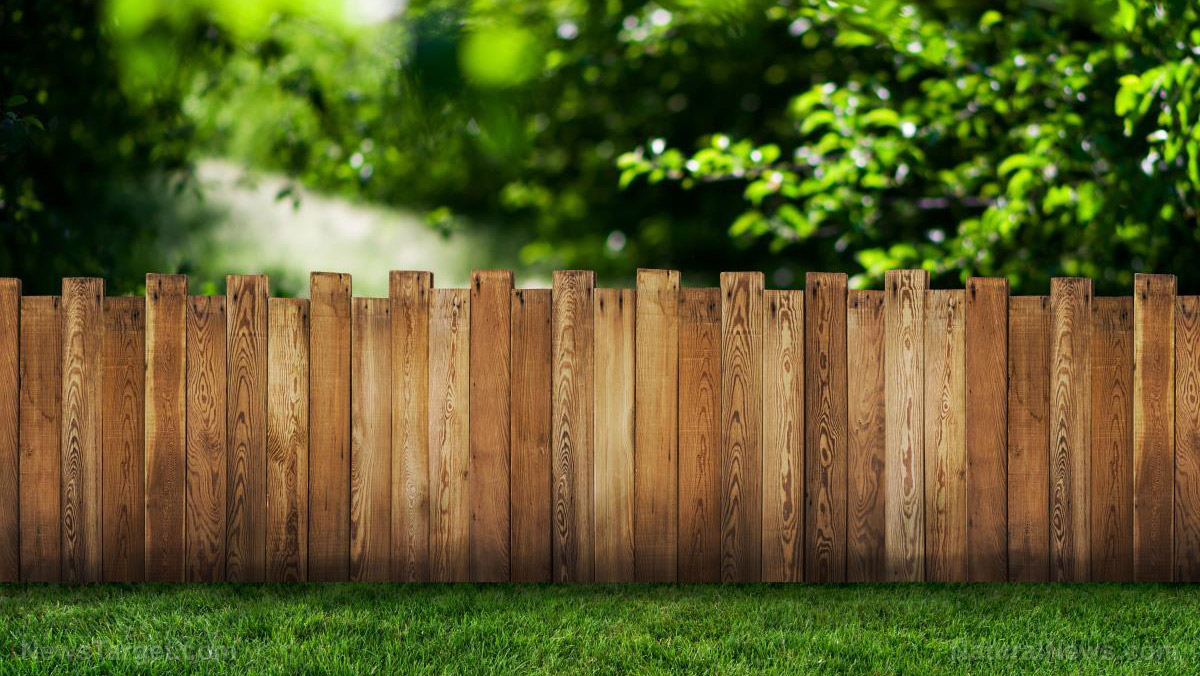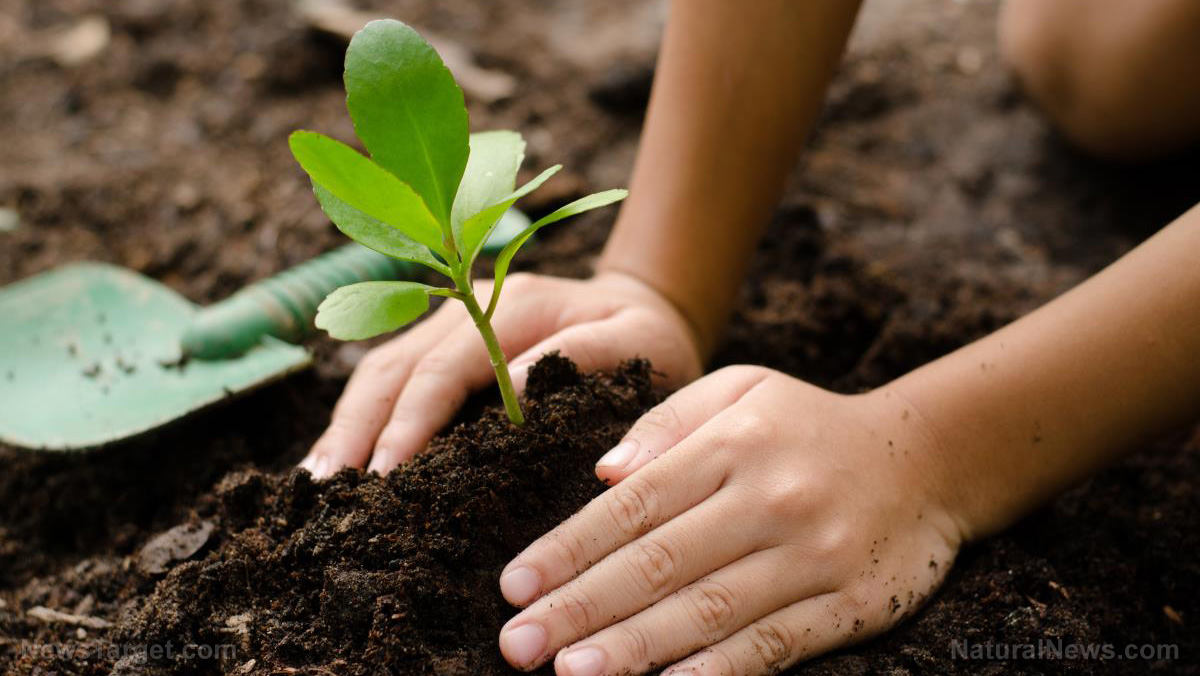
Planting can be a wonderful hobby. It can be enjoyed by people wanting to get back in touch with nature, or the elderly as a relaxing past-time. It can also be a family activity – parents can spend quality time with the kids while they teach them about nature and watching things grow. Plus planting burns calories – everybody wins!
Planting a vegetable garden can be frightening for first-timers but once you learn the basics, it's not that hard. At the end of it all, you'll get to reap the rewards of your hard work.
Benefits of home gardening
Gardening has “made ground” in recent years as a great way to save money and so much more. Here are some benefits of starting your first home garden:
- It is versatile – You don't need to have a huge yard for your garden; many vegetables are able to grow in containers.
- It relieves stress – Gardening is a soothing activity that can be enjoyed by people who love the outdoors, or want to take their minds off work, or just want a hobby that doesn't require too much physical strain.
- It is a family activity – Parents can spend quality time with kids while teaching them about nature and valuable skills like patience and decision-making.
- It saves money – Food prices have been on the rise in recent years; growing homegrown vegetables is a sure way to save money that you will otherwise spend on grocery store varieties. A good rule of thumb is to grow the ones that you're already buying at the store.
- You can grow your own herbs and spices – Just like your favorite vegetables, growing your own herbs and spices means you won't have to spend so much buying at the store; you'll have fresh or dried herbs at the ready.
- It is green and sustainable – Organic food is expensive overall, so if you want to eat fresh produce without the strain on your budget, grow your own vegetables; it can't get any more organic than that.
Starting your home garden
Sunlight is a staple in growing your garden. There are plants like tomatoes, eggplants, peppers, potatoes, squash and corn that require full sun to grow; others such as salad greens (leaf lettuce, arugula, cress and endive), leafy greens (collard, mustard greens, spinach and kale), broccoli, cauliflower, peas, beets, Brussels sprouts, radishes, Swiss chard and beans are able to grow in partial shade or dappled sun throughout the day.
Another important factor to consider before planting your vegetables is the water supply. It is best to plant near your water hose or investing in a rain barrel to keep your plants well-watered in the summer. (Related: 7 tips for creating a successful organic vegetable garden almost anywhere.)
After analyzing your sunlight and water situation, you can decide where to plant your vegetables. Remember that gardening is versatile – it doesn't need to take up too much space. If you have limited space, you have the following options:
- Container gardening – Almost all vegetables will be happy growing in containers. Just remember that big plants need big pots.
- Vertical gardening – You can build outdoor shelving and put up layers of pots on your deck, or use your backyard fence to grow climbing vines like peas and cucumbers.
It is also a good idea to put up some kind of fencing to keep rabbits, squirrels, and deer out. This doesn’t have to be expensive; even chicken wire will work.
Once all the above points have been considered and analyzed, it is time to get your hands dirty. Buy starter seeds from scratch and use old egg cartons to put them in. Visit your local farmers' market for fruit and vegetable plants. Learn all you can about the plants you're growing so you'll be informed on how much water they need and how often they need some.
If you're having problems with birds and rodents eating your plants, cut up an old garden hose into three or four feet segments and leave them around your garden. The animals will mistake them for snakes and will steer clear of your patch.
Read more about gardening at GreenLiving.news.
Sources include:
Please contact us for more information.










